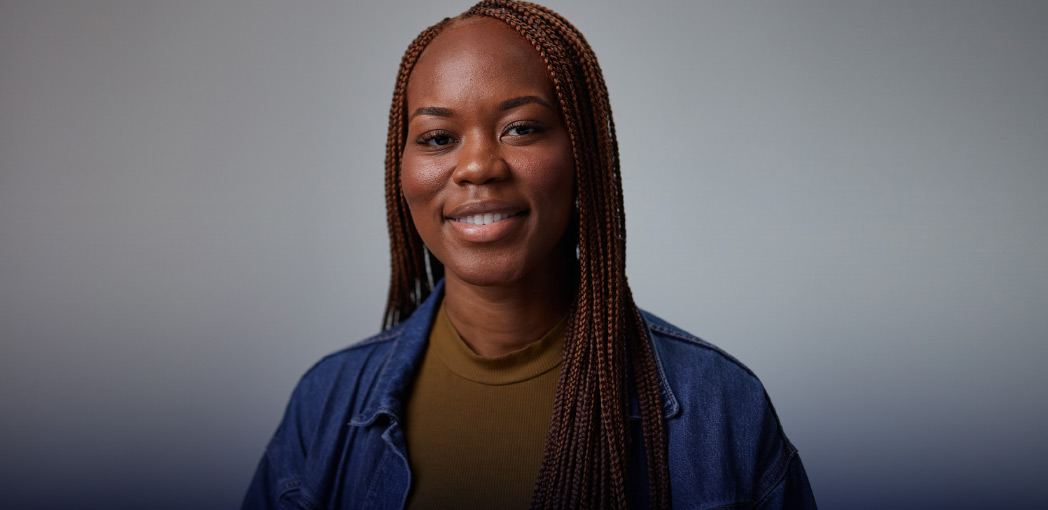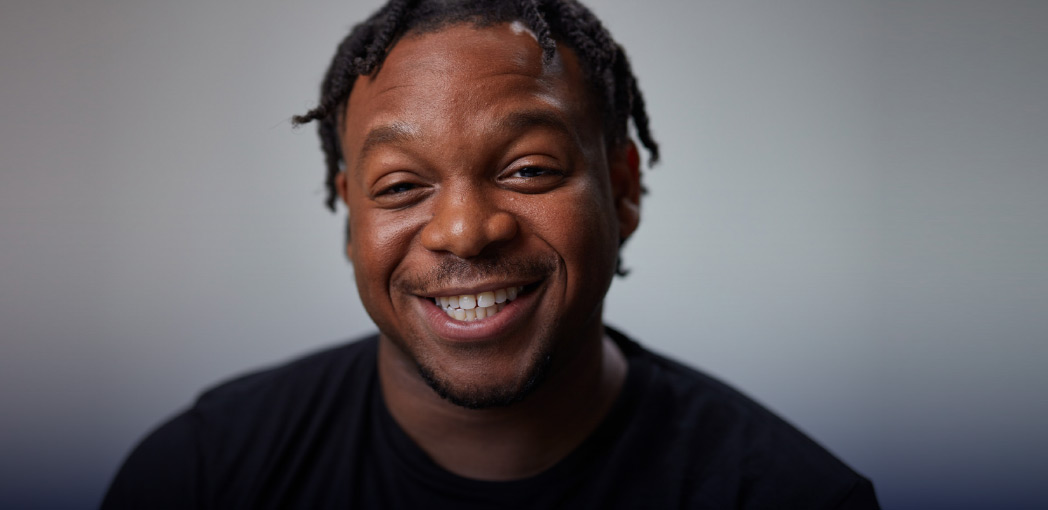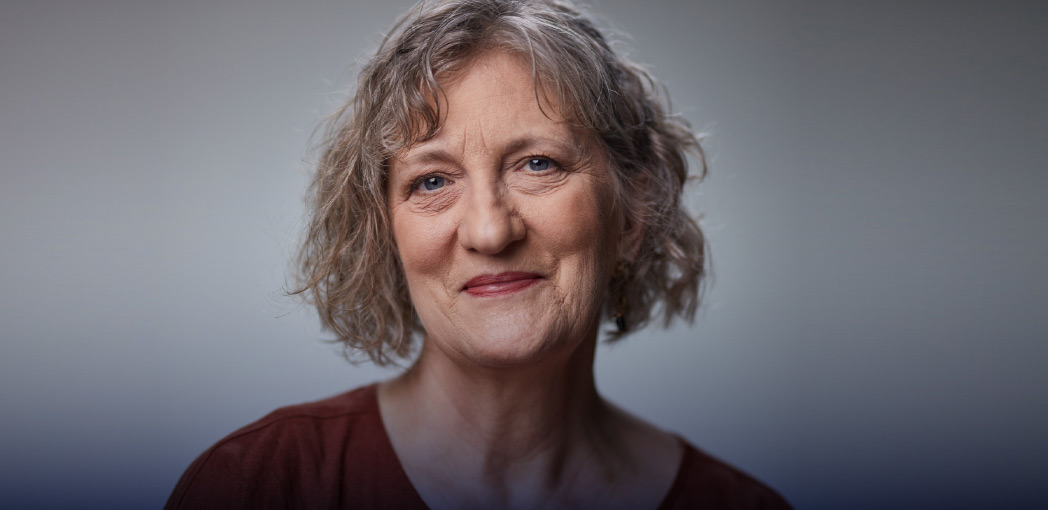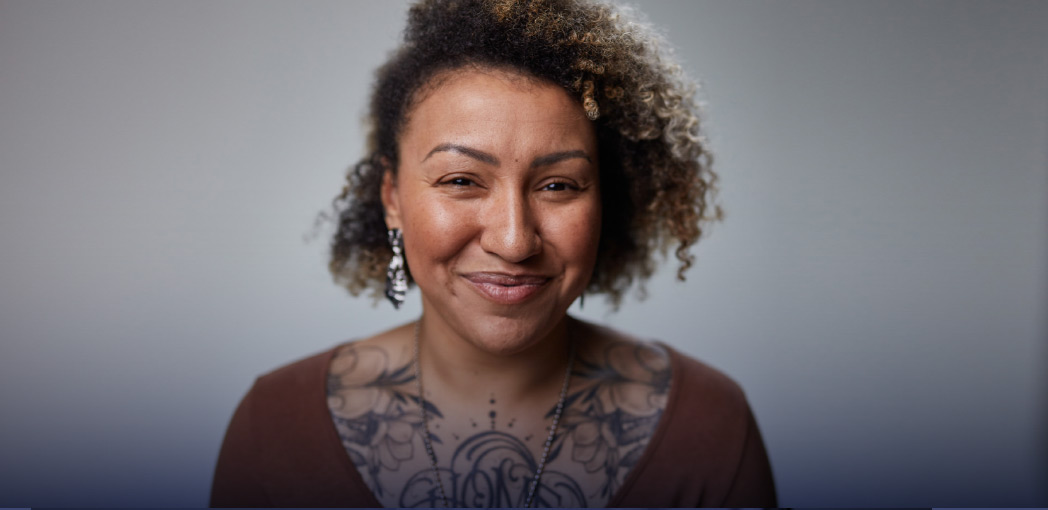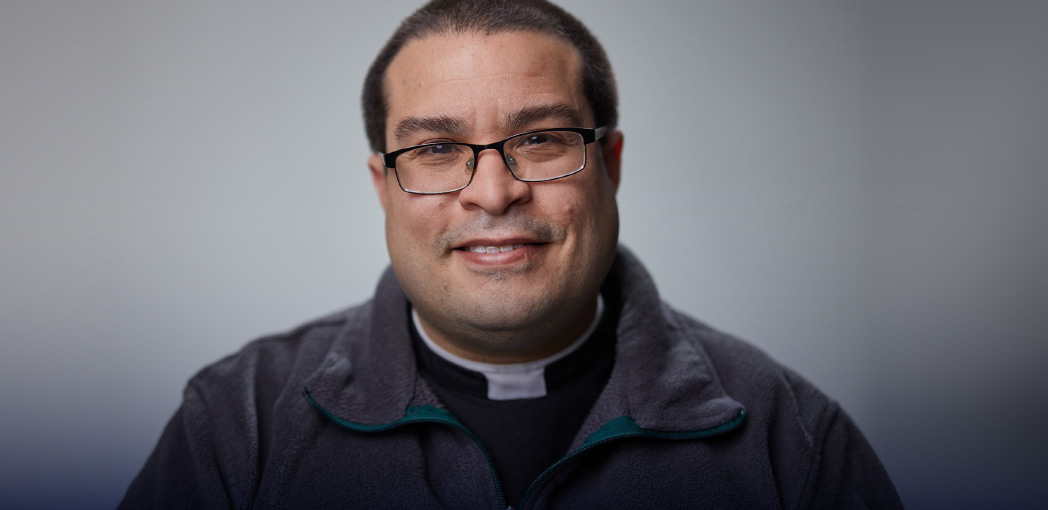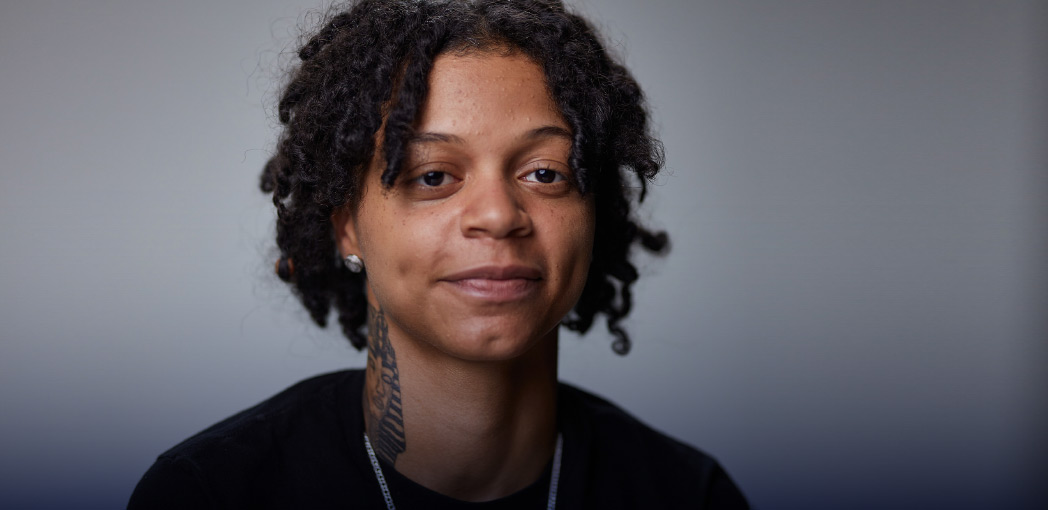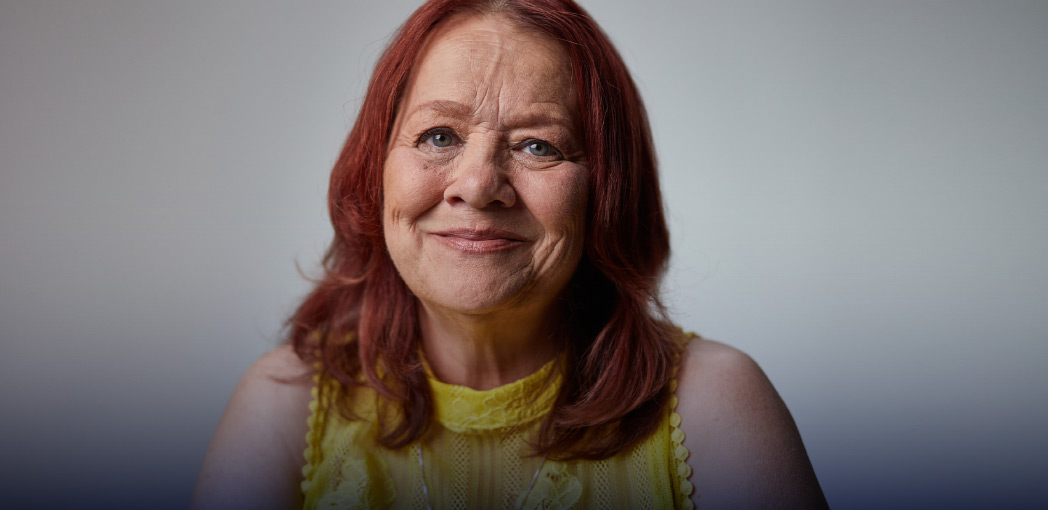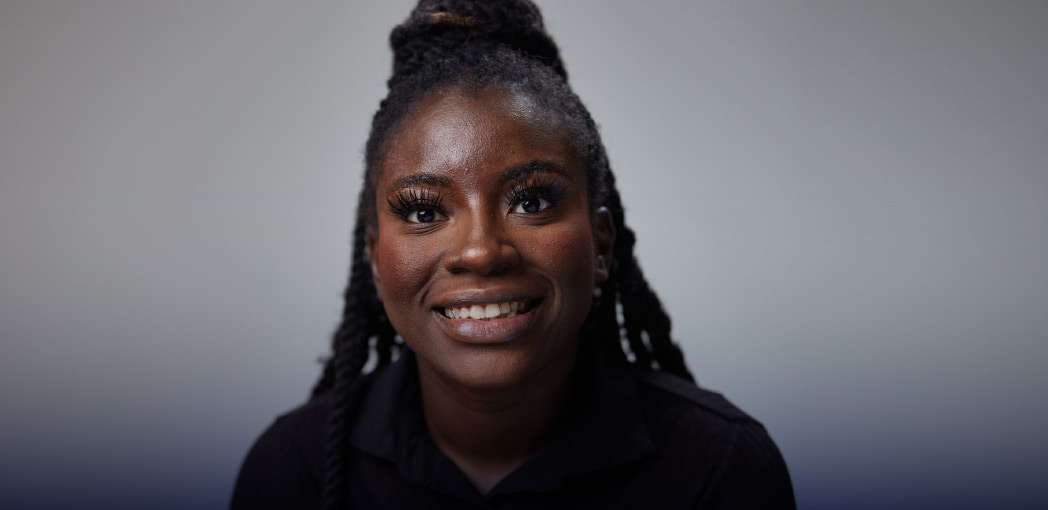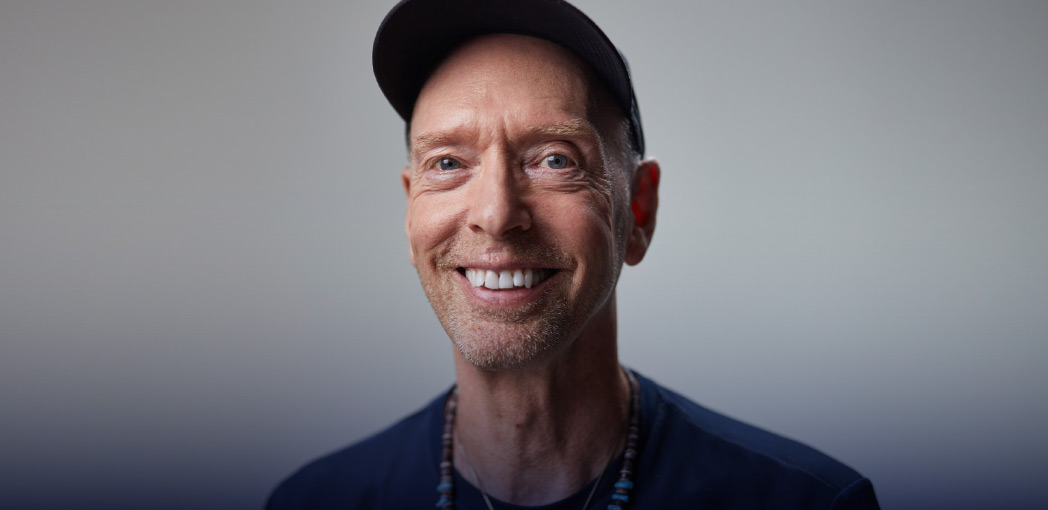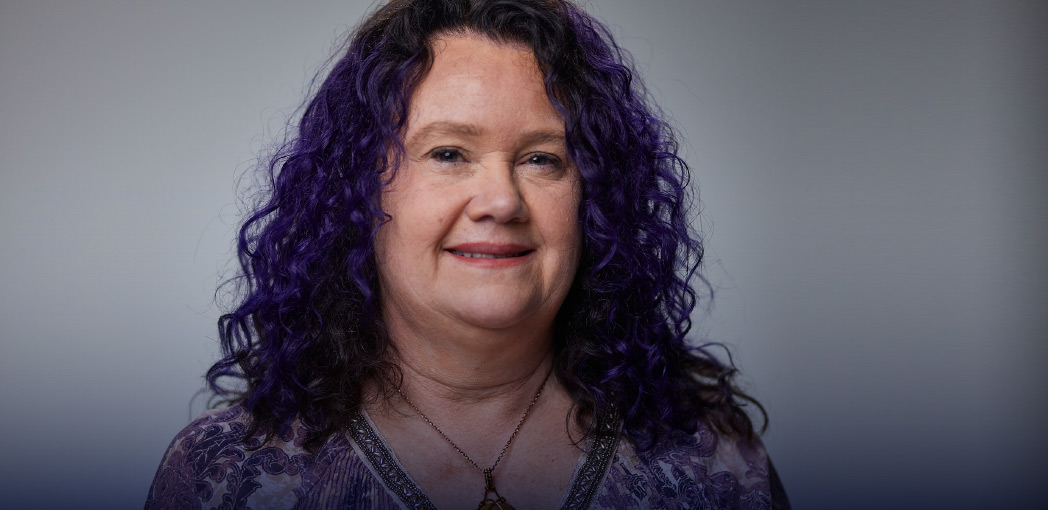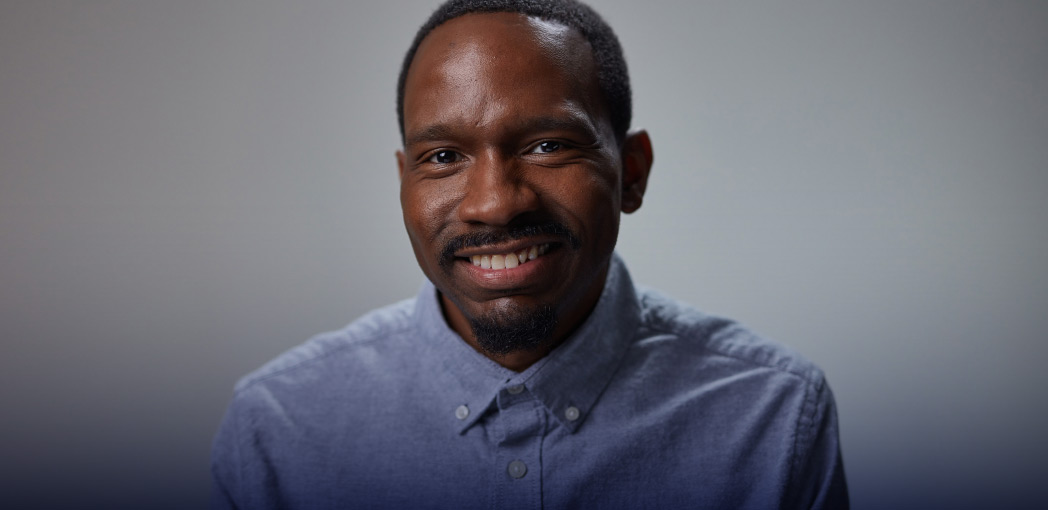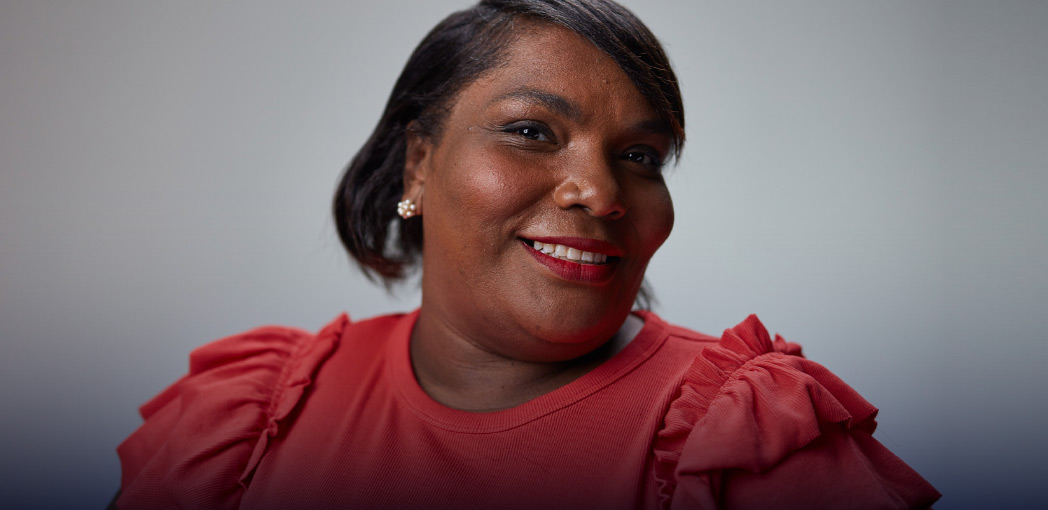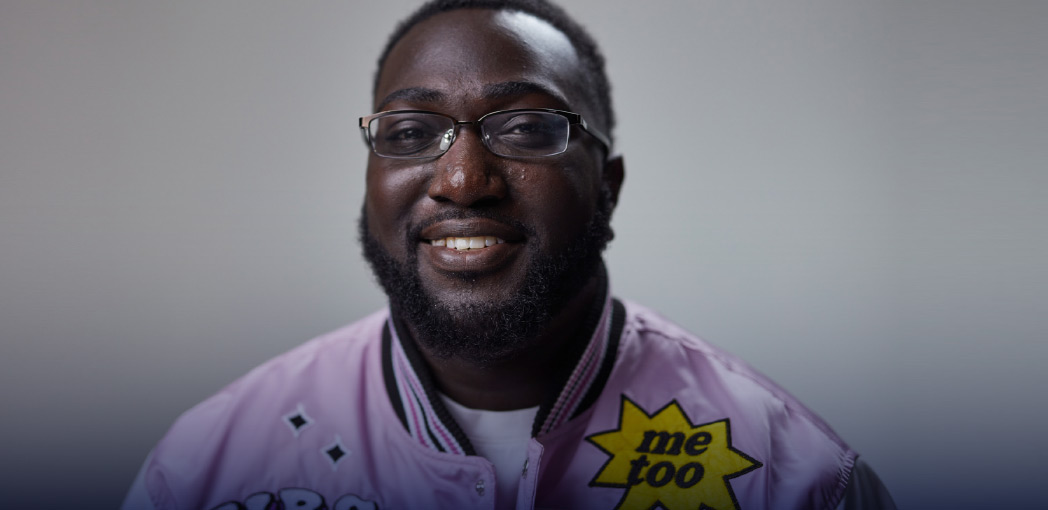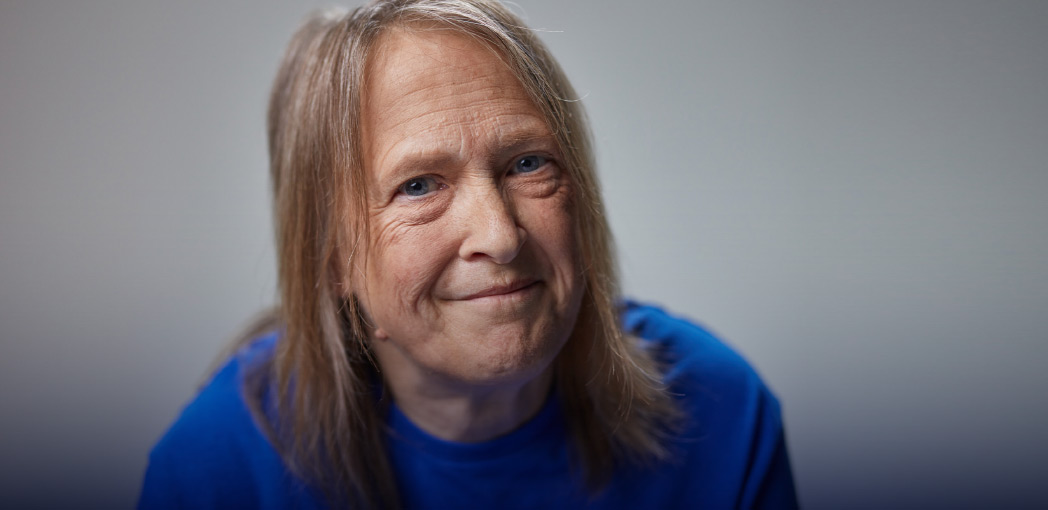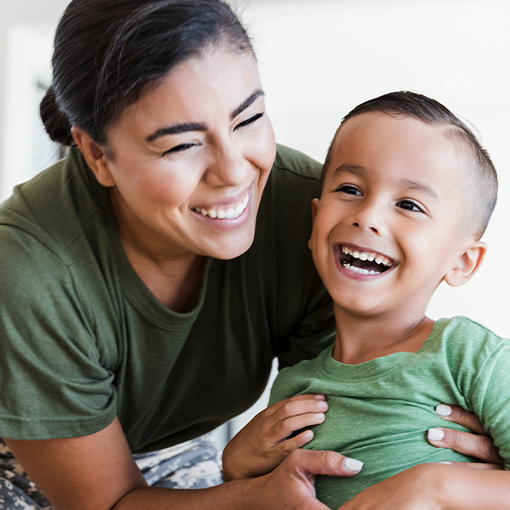
Melanie
“You can’t pour from your cup when it is empty.”

Trish
“(I believe) A smile is a great way to make a connection.”
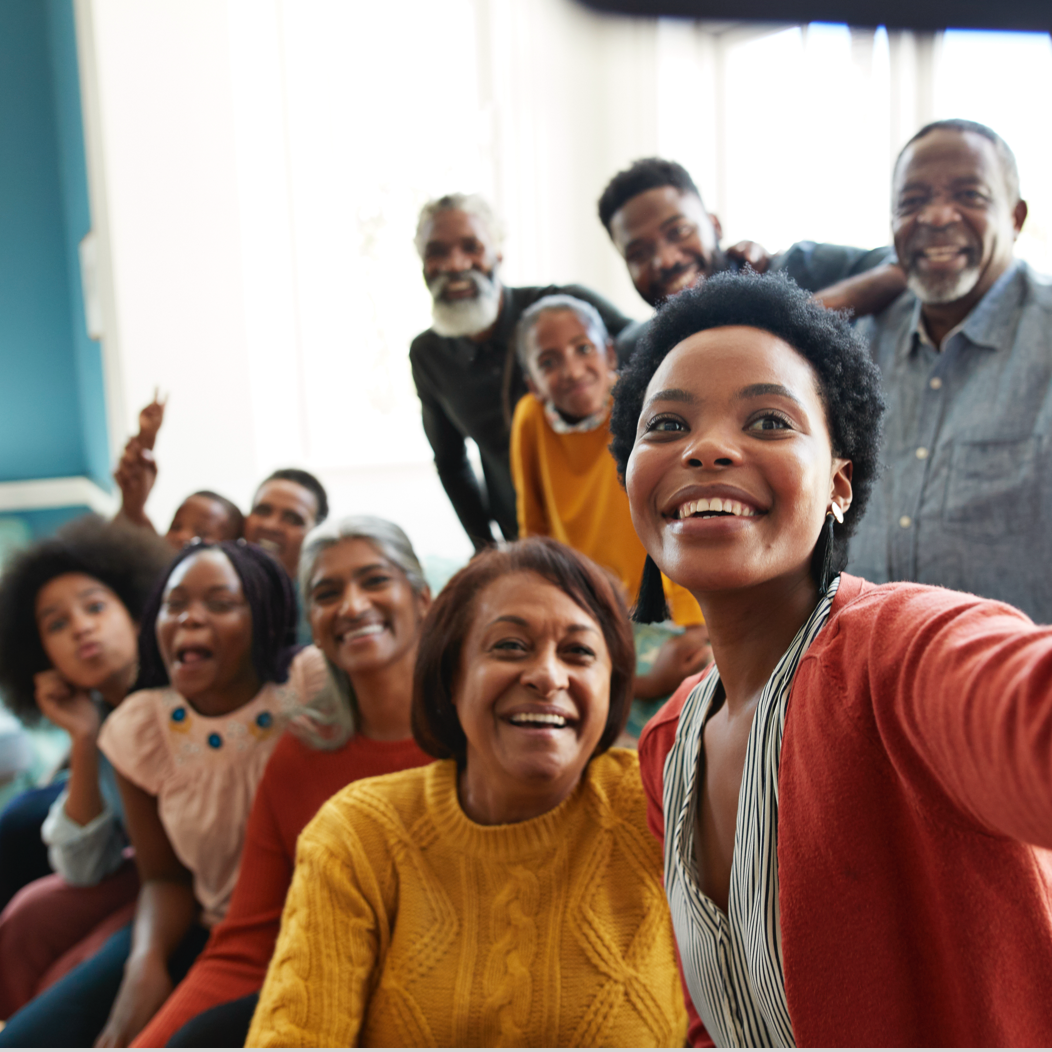
Mani
“Take it little by little and you’ll for certain get there.”
Roseline
“It only takes one second to be kind.”

Denise
“You got this, keep moving forward.”
Melanie
“You can’t pour from your cup when it is empty.”

Trish
“(I believe) A smile is a great way to make a connection.”
Mani
“Take it little by little and you’ll for certain get there.”

Denise
“You got this, keep moving forward.”
Melanie
“You can’t pour from your cup when it is empty.”

Trish
“(I believe) A smile is a great way to make a connection.”
Mani
“Take it little by little and you’ll for certain get there.”

Denise
“You got this, keep moving forward.”
Community supports near you
Links
What can seeing mental health do for our community?
Seeing mental health can bring people together, start conversations, and inspire us all to act with greater compassion toward one another. Because when you see that you’re not alone, you’ll see a community willing to support each other.
Check back soon to see the power of connection through our stories.
If you’re in crisis or know someone who is, get help now.
Call or text 988
for immediate crisis and suicide support
988 Suicide & Crisis Lifeline
If you or someone you know is struggling or in crisis, help is available. Call or text 988 or chat 988lifeline.org. 988 connects you with a trained crisis counselor who can help.
Call Cope at 612-596-1223
when you require a mobile crisis team to come to you
Cope: mental health emergencies
If you’re in a mental health crisis or know someone who is, Cope can help. Cope responds to anyone in Hennepin County who needs an urgent response.
Call or text 911
if your situation is life-threatening or you need an immediate response
911 Emergency
If you need police or ambulance, call or text 911.
*Disclaimer: SeeMentalHealth.org is not a substitute for, nor does it replace, professional medical advice, diagnosis, or treatment. If you are experiencing a crisis, immediately dial 988 or 911.*
Mental and emotional health challenges are common, and addressable.
of U.S. adults believe people with mental health disorders can get better1
Struggling with your emotional wellness is normal and there are ways to help improve it.
adults in Minnesota have a diagnosed mental health condition2
That’s nearly 2x the population of Minneapolis.
Minnesotans aged 12–17 have been diagnosed with depression2
High school students with depression are 2x more likely to drop out than their peers.
Discover wellness-boosting ideas for everyday life.
7 out of 10 people use self care to reduce stress after a tough week3
Creating self-care routines have been clinically proven to reduce stress & anxiety and increase happiness.
88% of people are looking for ways to make them smile and laugh4
Find ways to share a laugh and bring joy to your day and others.
is good for the brain as it can reduce stress and symptoms of depression5
Try one type of physical activity today and see how you feel.
have a positive effect on your overall well-being6 7 8
Spend time with a loved one. It can start with a call or a text.
[3] Vagaro National Survey
[4] Oracle
[5] Michigan University School Medicine
[6] Oracle
[7] Myers DG. Close relationships and quality of life. In: D Kahneman, E Diener, N Schwarz. (eds.) Well-Being: The foundations of hedonic psychology. New York: Russell Sage Foundation Publications; 2003:374–391.
[8] Diener E, Suh EM. National differences in subjective well-being. In: D Kahneman, E Diener, N Schwarz. (eds.) Well-Being: The foundations of hedonic psychology. New York: Russell Sage Foundation Publications; 2003:434–450.
